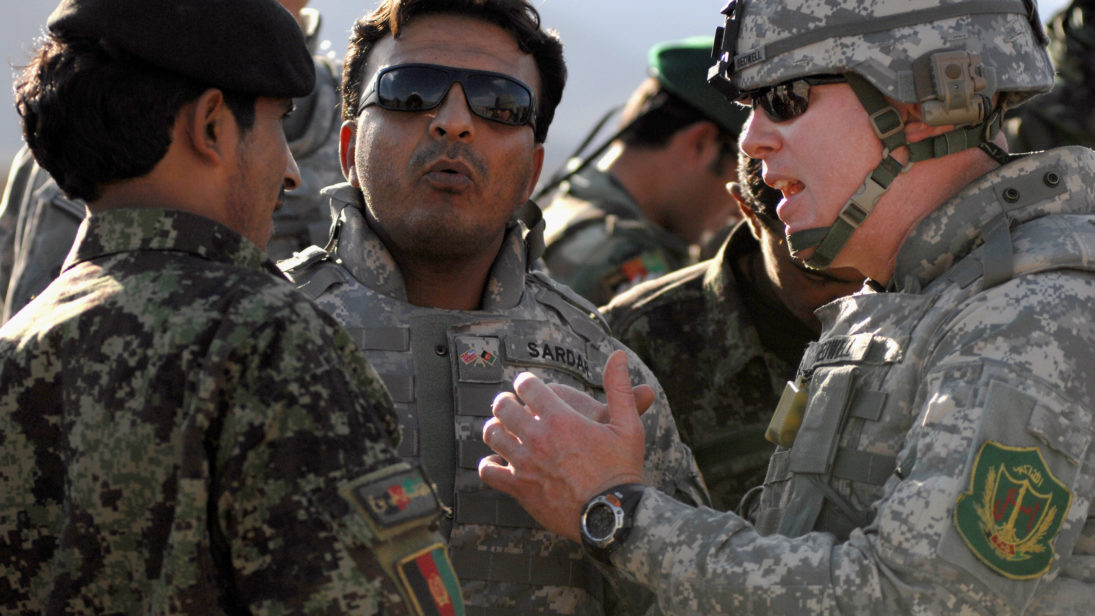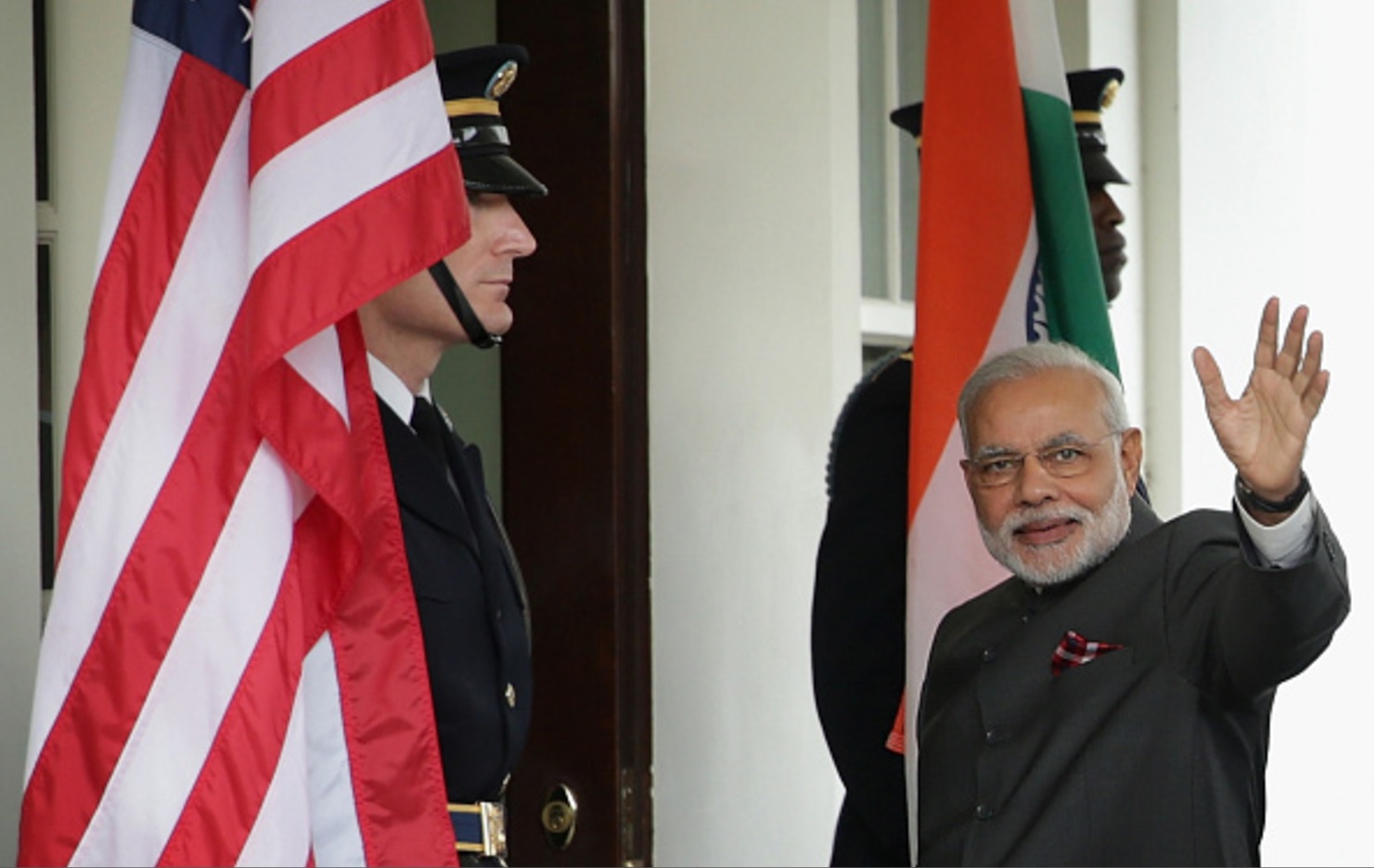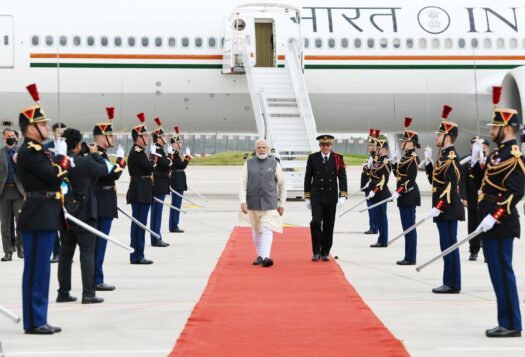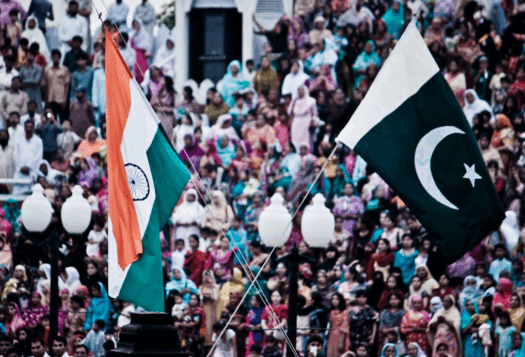
Afghanistan has seen a tremendous surge in violence in the last few months. The Taliban have inflicted numerous casualties on the Afghan National Defense and Security Forces (ANDSF) and conducted high-profile terrorist attacks. Simultaneously, a branch of the Islamic State of Iraq and Syria (ISIS), including some co-opted Taliban fighters, has expanded into Afghanistan and conducted numerous terrorist attacks throughout the country. Amidst this chaos, the Afghan government struggles to maintain its internal cohesion and external legitimacy. The upsurge in violence begets affected actors to reconsider options in Afghanistan.
As the United States formulates a new Afghanistan policy under the Trump administration, India must soberly weigh its priorities and assign resources to match these aims. India’s highest priority is to prevent Afghanistan from becoming a sanctuary for radical militants, which could adversely affect Indian security, leading it to reject inclusion of the Taliban in any final political solution. While India has contributed to the reconstruction of the Afghan state, despite repeated pleas, its military assistance has been limited due to fear of legitimizing Pakistani security concerns. However, the stakes are too high for continued hesitancy. To defeat the Taliban and thus ensure its own security, India must overcome its self-imposed restraint on military aid to Afghanistan, both qualitatively and quantitatively, short of directly fighting the Taliban. Moreover, a closer assessment of the conflict situation suggests that reconciliation with the Taliban is unlikely, and that India would be better off helping the United States in its fight rather than a political settlement.
Reconciliation with the Taliban: An Unlikely Scenario
The assertion that the Taliban can be reconciled with needs to be weighed carefully against the current security backdrop. The frequency of high-profile attacks ensure that the rank and file do not view the conflict as a mutually-hurting stalemate. Thus, the Taliban leadership has little incentive to pursue reconciliation. Between June 1 and November 30 last year, there were 5,271 security incidents initiated by hostile forces, including direct fire, improvised explosive devices, and landmines. Recently, there has been a dangerous spike in direct fire incidents, which reflects the battlefield assertiveness of the Taliban and signals its confidence in achieving a military victory. Regular attacks on foreign embassies and consulates, provincial centers, the national capital, and military camps have caused a high number of casualties, leaving a psychological dent on the resolve of the Afghan people and discrediting the capability of the ANDSF. It is thus hard to imagine that the United States would succeed in incentivizing a peace deal between the National Unity Government (NUG) and the Taliban.
Is a Political Settlement in India’s Interest?
In a recent article, Sameer Lalwani and Travis Wheeler of the Stimson Center asserted that as long as America is invested in Afghanistan, its South Asia policy “will run through a Kabul-first lens.” This implies that the American focus on Afghanistan would not serve Indian strategic interests. However, a continuation of the conflict might not be to India’s disadvantage. In their article, the authors argue that a political settlement with the Taliban could serve both American and Indian interests because the United States would be less reliant on Pakistan for logistical dependencies in Afghanistan, allowing United States to place more pressure on Pakistan in favor of Indian aims, such as curbing cross-border terrorism. However, if both India and the United States devoted more time and resources to degrading the Taliban on the battlefield and forcing them into a military defeat, this would create more strategic leverage for the United States with Pakistan and even better serve Indian interests. With a small surge in U.S. troops for the strategic deployment of Afghan forces and Indian contributions to building, training, and equipping ANDSF and the Afghan Air Force (AAF), the Taliban could be defeated. This outcome would pressure Pakistan to abide by international norms relating to state conduct in foreign policy matters.
Lalwani and Wheeler also argue that a political settlement might not harm Indian security as much as expected because anti-Indian terror groups operating in Afghanistan could be targeted by standoff strike capabilities. This is not a convincing argument given that India has attained goodwill in Afghanistan primarily because of its focus on capacity-building; thus, standoff strikes could expose India to criticism from different actors in Afghanistan’s political landscape. Second, India lacks the on-the-ground intelligence needed to make such strikes feasible. Plus, if these strikes were feasible, the United States would have already annihilated the Taliban in its mountainous hideouts. Thus, the argument that these standoff strikes would promote Indian security interests in Afghanistan fails to inspire confidence.

Conclusion
The synergy in interests between the United States and India in Afghanistan should be exploited. With a small surge in U.S. troops to direct, advise, and better deploy Afghan forces and Indian assistance towards that end through ramping up efforts to equip, train, and organize the AAF and ANDSF, a military defeat of the Taliban is possible. Notably, ANDSF has shown the capability to hold important towns and provincial centers, in some cases recapturing lost centers in a matter of days, and the AAF has become more capable with the addition of A-29 Super Tucano attack aircraft. These factors would increase air cover, allowing urban area defense, area domination, and offensive maneuvers with smaller numbers, thus disallowing the Taliban from aggregating fighters in large numbers. India could help in AAF logistics, to improve its serviceability rate, and send military advisors so tactical advisory could go below the brigade level for ANDSF, in cooperation with the United States. With an enhanced commitment to a military defeat of the Taliban in close cooperation with the United States, India will be in a better position to secure a favorable endgame in Afghanistan.
***
Image 1: The U.S. Army via Flickr
Image 2: Alex Wong via Getty Images


